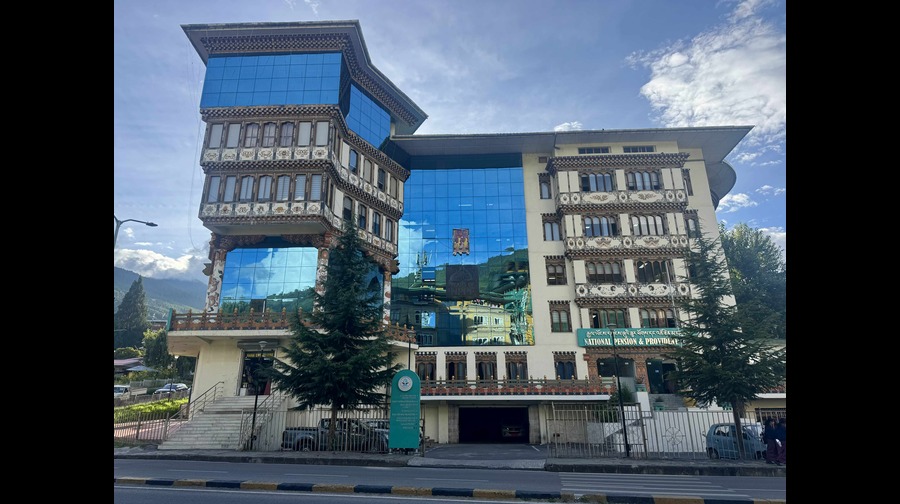
Only eight per cent of the country’s elderly population is covered under the National Pension and Provident Fund, leaving the remaining 92 per cent without formal social protection. The Social Protection Situational Analysis and Landscaping Assessment, conducted last year, highlights the need for reforms to extend coverage, particularly for those in the informal and private sectors. It also recommends strengthening retirement security across the country.
Established in 2000 under the Royal Charter, the National Pension and Provident Fund or NPPF provides retirement security through three schemes: The National Pension and Provident Fund Plan, the Armed Forces Pension and Provident Fund Scheme, and the Provident Fund Scheme for private sector employees and the self-employed.
The Social Protection Situational Analysis and Landscaping Assessment, conducted by the Office of Cabinet Affairs and Strategic Coordination with support from UNICEF found that as of October last year, there were over 13,000 beneficiaries. Of these, only about 3,000 were enrolled in the Provident Fund Scheme for the private sector and self-employed.
NPPF got the Cabinet’s approval in July 2020 to start Private Provident Fund piloting with the Build Bhutan Project and it introduced the scheme in 2021 to extend coverage beyond the formal sector. However, it has seen limited uptake.
Unlike in the formal sector, where both employers and employees contribute, contributions in the private sector remain largely one-sided, particularly among the self-employed and those working in micro and cottage industries.
The NPPF told BBS that many small firms struggle with cash flow to match monthly employer contributions, while self-employed individuals face irregular incomes. Even regular private-sector employees often have unstable earnings, compounded by lack of awareness and other challenges.
Further, private offices say challenges to enrolling employees under the NPPF include the cost of matching the minimum five per cent contribution, administrative burden, employees frequently leaving and being replaced, and temporary contracts that make registration and continuity difficult.
The NPPF has flexible schemes to attract private sector participation. The schemes allow voluntary contributions, partial withdrawals during emergencies, and portability of benefits for members who change jobs. They also provide family protection in the event of death, offer interest rates equal to those of civil servants, and give members access to loans. Members can make contributions on a monthly, quarterly, biannual, or annual basis through convenient channels, giving them greater flexibility in managing their retirement savings.
The Department of Labour’s Regulations on Working Conditions, 2022 mandates all employers including to participate in PF scheme. However, private offices can choose to participate in the scheme with other financial institutions such as Royal Insurance Corporation Limited and Bhutan Insurance Limited.
Kinzang Lhadon
Edited by Phub Gyem









